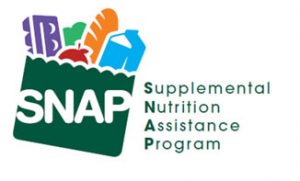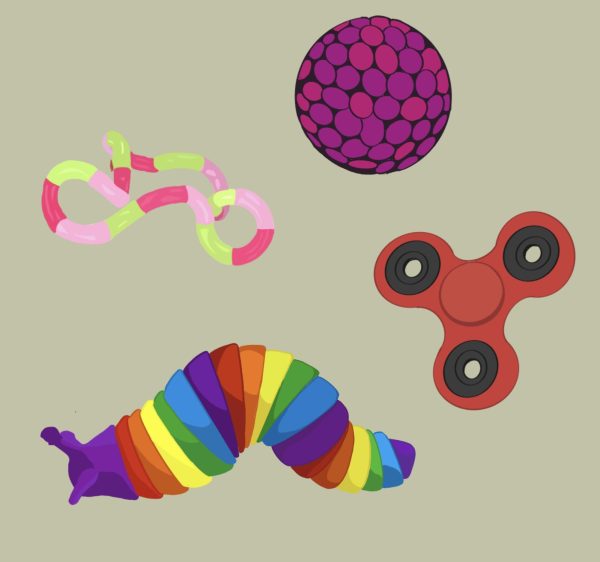Food Stamps Should Not Pay for Luxury Items

 A little extra assistance for some to stay afloat during tough times is a responsibility of society as a whole. Taxpayers must assist in providing SNAP (Supplemental Nutritional Assistance Program), also known as food stamps, for those in need. Most do not have a problem with accommodating to this program, although many believe it does need modification. As of right now, the Food and Nutrition Act of 2008 allows any food or food product for home consumption to be purchased with food stamps, although be it far from necessary for a family to devour extravagant food items like cakes, cookies, and Doritos. Many other flaws are ridden throughout the program. Although it is meant to aid people, at this time it is wasting the money of taxpayers.
A little extra assistance for some to stay afloat during tough times is a responsibility of society as a whole. Taxpayers must assist in providing SNAP (Supplemental Nutritional Assistance Program), also known as food stamps, for those in need. Most do not have a problem with accommodating to this program, although many believe it does need modification. As of right now, the Food and Nutrition Act of 2008 allows any food or food product for home consumption to be purchased with food stamps, although be it far from necessary for a family to devour extravagant food items like cakes, cookies, and Doritos. Many other flaws are ridden throughout the program. Although it is meant to aid people, at this time it is wasting the money of taxpayers.
One such advocator for the reconstruction of the program is Andrea Taber, founder of Ever So Humble Pies in Walpole. She has received a great amount of media attention for her stance on accepting Electronic Benefits Transfer (EBT) cards to pay for her pies at the Braintree Farmers Market. She refuses to accept SNAP benefits as payment because she believes they are a luxury, not a necessary source of nourishment. Taber previously stated in the Walpole Times, “I truly believe taxpayer money shouldn’t be squandered on desserts.” Luxury items are meant to be bought for special occasions, and therefore, should be paid for with out-of-pocket money set aside for such instances. So why haven’t the limits of eligible food been revised?
Congress previously considered placing restrictions on the types of food that could be purchased with program benefits, but they concluded that designating certain foods as luxury or non-nutritious would be too costly and taxing, they have “more pressing” matters to deal with. The problem lies in our government’s hands, but they refuse to act. There will always be issues to deal with and at this time SNAP is one that needs attention. They believe that even if they do place limitations on junk food people will still purchase it with their own money, so whats the use?
The fact of the matter is most people that have the choice to buy something for free rather than with their own money will take the free item even if it is little less tasty and a little more nutritious. Restrictions may cause them to evaluate their choice and ask themselves, “Do I really need this?” Because even having the extra option of being able to buy junk food on their own on a regular basis means they should reassess whether or not they should even be in the program. Those in true need for food would only be grateful for what they are offered and not get picky.
Furthermore, the program does not allow purchase of vitex supplements such as vitamins which can be crucial to one’s health, while energy drinks, soda, and candy with basically no nutritional value can be purchased. The reasoning for this is the edibility factor, when it should be the nutritional factor. One cannot buy hot food or food that can be eaten in the store because all food is supposed to be kept in the household for consumption. The program needs to be more nutritionally based. The current problem with this according to the USDA is that “No clear standards exist to define foods as good or bad, or healthy or not healthy” – yet another issue that only they can fix.
This program has many excellent benefits for those in need, and the necessity for this is eminent, but it must be amended for both those participating in the program as well as those paying for the program. If more reasonable guidelines for purchasable food are established it will be a win-win situation for all.






